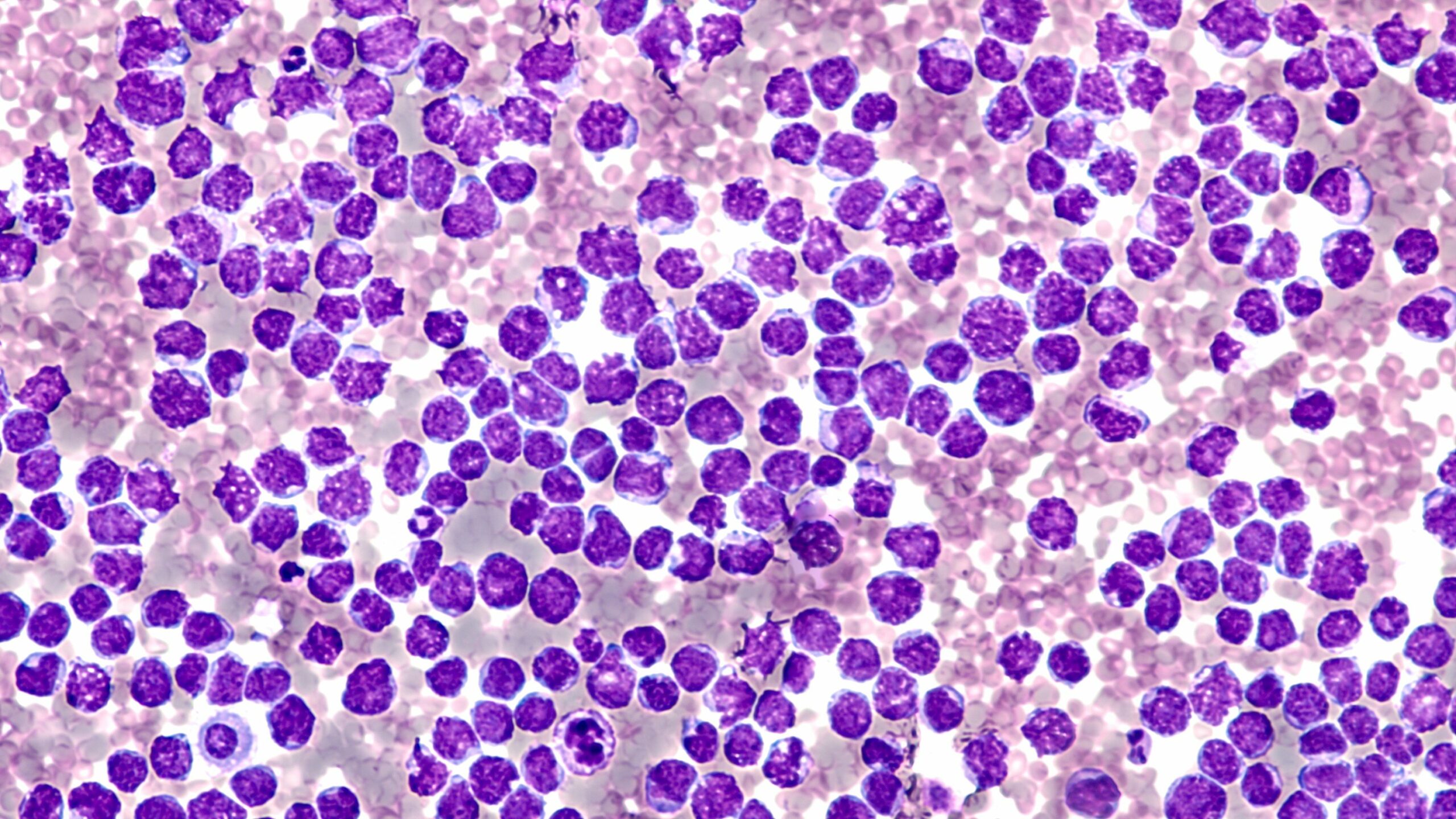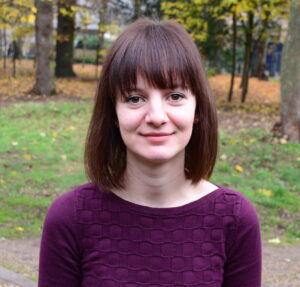Can we stop B cell lymphoma cells evading treatment?
By using specialised genomic technology to look at how different cancer cell states interact with their environment, we might discover ways to prevent cells transitioning to resistant states or make them more susceptible to therapy.

Treatment resistance and disease relapse is very common in B cell lymphoma. But why do B cell lymphoma cells stop responding to treatment and how can we prevent this happening in the future? Dr Mirjana Efremova, Queen Mary University of London, hopes to improve outcomes for B cell lymphoma patients through her important research.
 The challenge
The challenge
Non-hodgkin lymphoma is the sixth most common cancer in the UK. B-cell lymphoma is a type of non-hodgkin lymphoma, which affects over 11,000 people every year.
Although treatment options are available, resistance to these treatments – when treatment stops working – is common. Discovering new and improved ways to treat the disease is key to saving lives.
The science behind the research
B cell lymphomas have extensive heterogeneity – meaning the changes seen within tumour cells can be very different from one another. This diversity can contribute to treatment resistance and relapse of the disease.
These vast differences between cells can’t be explained by genetics alone. There is growing evidence to show some treatment resistance is driven by non-genetic (known as epi-genetic) reprogramming of cancer cells into reversible resistant states.
Dr Efremova will use specialised genomic technology to identify the different cancer cell states and uncover more about how they interact with the diverse microenvironment surrounding them.
To strengthen understanding further, the study will use a groundbreaking technique (termed ‘spatial transcriptomics’) to create a molecular map of gene activity – detailing what’s happening inside cells and where. It’s hoped this will provide the foundation to direct future treatment strategies.
What difference will this research make?
Dr Efremova hopes her research will uncover some of mystery surrounding B cell lymphoma treatment resistance and ultimately contribute to the development of new treatment options.
Discovering ways to prevent cells transitioning to resistant states or making they more susceptible to therapy could be key to preventing resistance and relapse of the disease.
Support our life-saving research by donating to Leukaemia UK.
